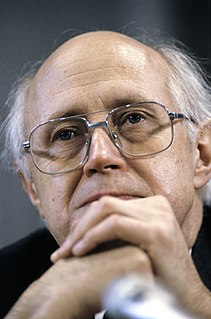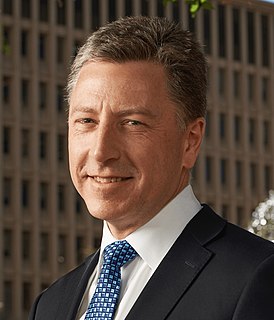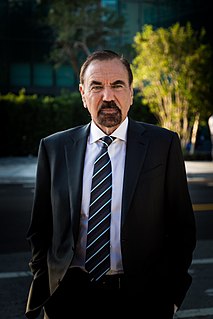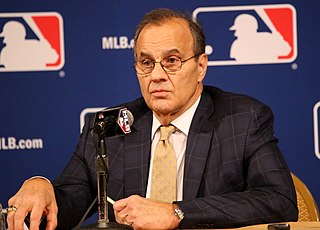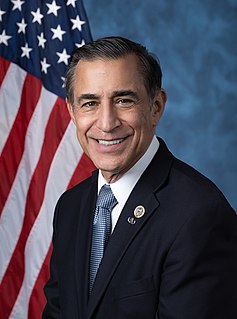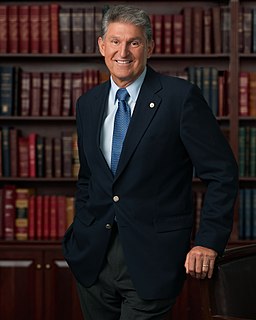A Quote by Mstislav Rostropovich
Now I want to use money in a good way. I make foundations back home in Russia, I have sponsored vaccinations for more than one million children in my homeland and I have founded scholarships in the names of my great Russian compatriots - Oistrakh, Richter, Gilels, Shostakovich, Prokofiev and Schnittke.
Related Quotes
25 million of Russian people suddenly turned out to be outside the borders of the Russian Federation. They used to live in one state; the Soviet Union has traditionally been called Russia, the Soviet Russia, and it was the great Russia. Then the Soviet Union suddenly fell apart, in fact, overnight, and it turned out that in the former Soviet Union republics there were 25 million Russians. They used to live in one country and suddenly found themselves abroad. Can you imagine how many problems came out?
There's an obligation to let people know where their money is going, so the tour has an educational aspect, mostly as a way to thank people. But the most practical use is to raise money and do the research to figure out the proper ways to spend it. You want to make sure that the money doesn't just go somewhere where it does more harm than good.
If you want to talk further about a relationship with Russia, look no further than the Clintons. As we've said time and time again, Bill Clinton was paid half a million dollars to give a speech to a Russian bank, and was personally thanked by Putin for it. Hillary Clinton allowed one-fifth of America's uranium to - reserve to be sold to a Russian firm whose investors were Clinton Foundation donors. And the Clinton campaign chairman's brother lobbied against sanctions on Russia's largest bank and failed to report it. If you want to talk about having relations, look no further than there.
Whenever you have a few setbacks, the idea that half as many children are dying now as back in 1990 and so... it was over 12 million a year, now it's less than 6 million a year. We have a clear path to get that under 3 million a year and we know what to do. And this generation of young Africans is a very large group.
Russia makes its money through selling of oil, and we've got underneath us more oil than anybody, and nobody knew it until five years ago. And I want to use it. And I don't want that taken away by the Paris Accord. I don't want them to say all of that wealth that the United States has under its feet, but that China doesn't have and that other countries don't have, we can't use.
It's all about special effects and explosions now. It leaves me just cold when I walk out of the theater. There's no heart; there's no soul. Movies used to be about people. It's as though we don't tell stories any more. The studios have to make money, and if you want to make $20 million, you have to spend $200 million.
In the future, you won't buy artists' works; you'll buy software that makes original pieces of 'their' works, or that recreates their way of looking at things. You could buy a Shostakovich box, or you could buy a Brahms box. You might want some Shostakovich slow-movement-like music to be generated. So then you use that box.
Putin is now nationalist. And what he does is, he tells the Russian people, OK, you may have a little less chicken in your pot, but I'm making Russia great again. Look what we're doing all other the world. Everyone is paying attention to us. And Russia is a great power, on par with the United States and others.
I don't look at Putin as a friend. I don't look at Russia. And I am very skeptical of what they're doing, their intentions. There are a lot of good people in Russia that don't have any say whatsoever. And they're starting to basically express their frustration, and starting marching, and hopefully getting their point across. So we've got to make sure that we put the hurt on the oligarchs, all the money, the way the money flows through Russia, and the people that benefit by it.
